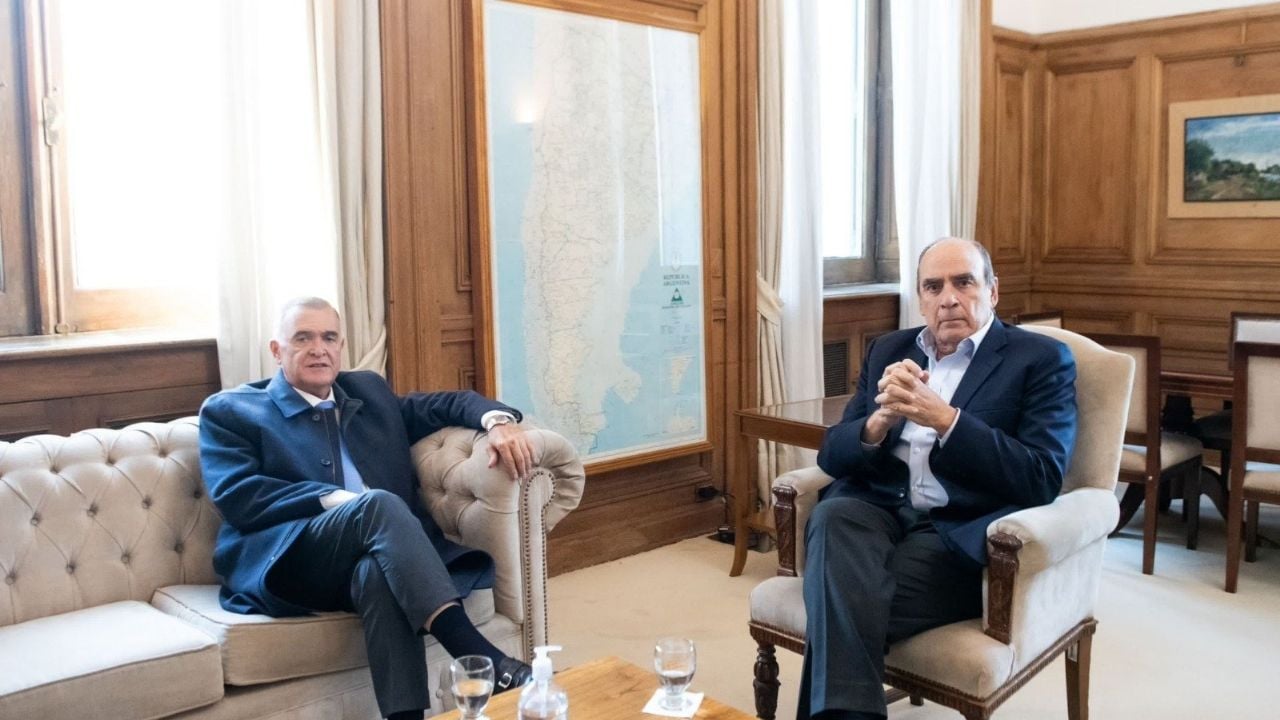Access to public information is a fundamental right in any democracy, as it allows citizens to know and evaluate the actions of their rulers. In Argentina, this right has recently been the subject of debate due to a decree issued by the government by Javier Milei that restricts access to public information.
This measure has generated widespread rejection from across the political spectrum and from various civil society organizations, which has led the Chief of Staff, Guillermo Francos, to admit the possibility of reviewing and modifying the regulations headed by the Government.
Decree 780/2024, which modifies Law 27,275, establishes new definitions and limitations on what is considered public information and public documents. According to the decree, public information will not be understood as that which contains data of a private nature generated, obtained, transformed, controlled or kept by private individuals or legal entities, or which do not have a committed public interest..
Furthermore, it redefines the concept of a public document, excluding preparatory deliberations, working papers and preliminary examinations of matters. These restrictions have sparked criticism from deputies from various parties, including the PRO, the UCR, the Civic Coalition and Encuentro Federal, as well as from specialists and NGOs working on issues of transparency and access to information.

Former Left Front deputy Myriam Bregman described the measure as “a new advance by Milei” and stressed that limiting access to public information by decree is illegal, since this right is recognized in international human rights treaties.
Given this situation, Guillermo Francos appeared before the Chamber of Deputies to defend the decree. In his speech, Francos denied that the government’s intention was to make public information opaque, arguing that the objective was to organize requests for access due to the administrative burden they represent.

Decree
However, he also admitted that the decree could be amended if necessary and that consultations would be held to assess the concerns raised. Francos attempted to justify the measure by pointing out that some mechanisms for accessing information were not being used in good faith, but with contrary intentions.
He stated that the government The Commission is willing to analyse the difficulties encountered in meeting all the requirements and that adjustments could be made to improve the regulations. This conciliatory stance seeks to calm the waters in the midst of a climate of strong rejection and widespread criticism.


















